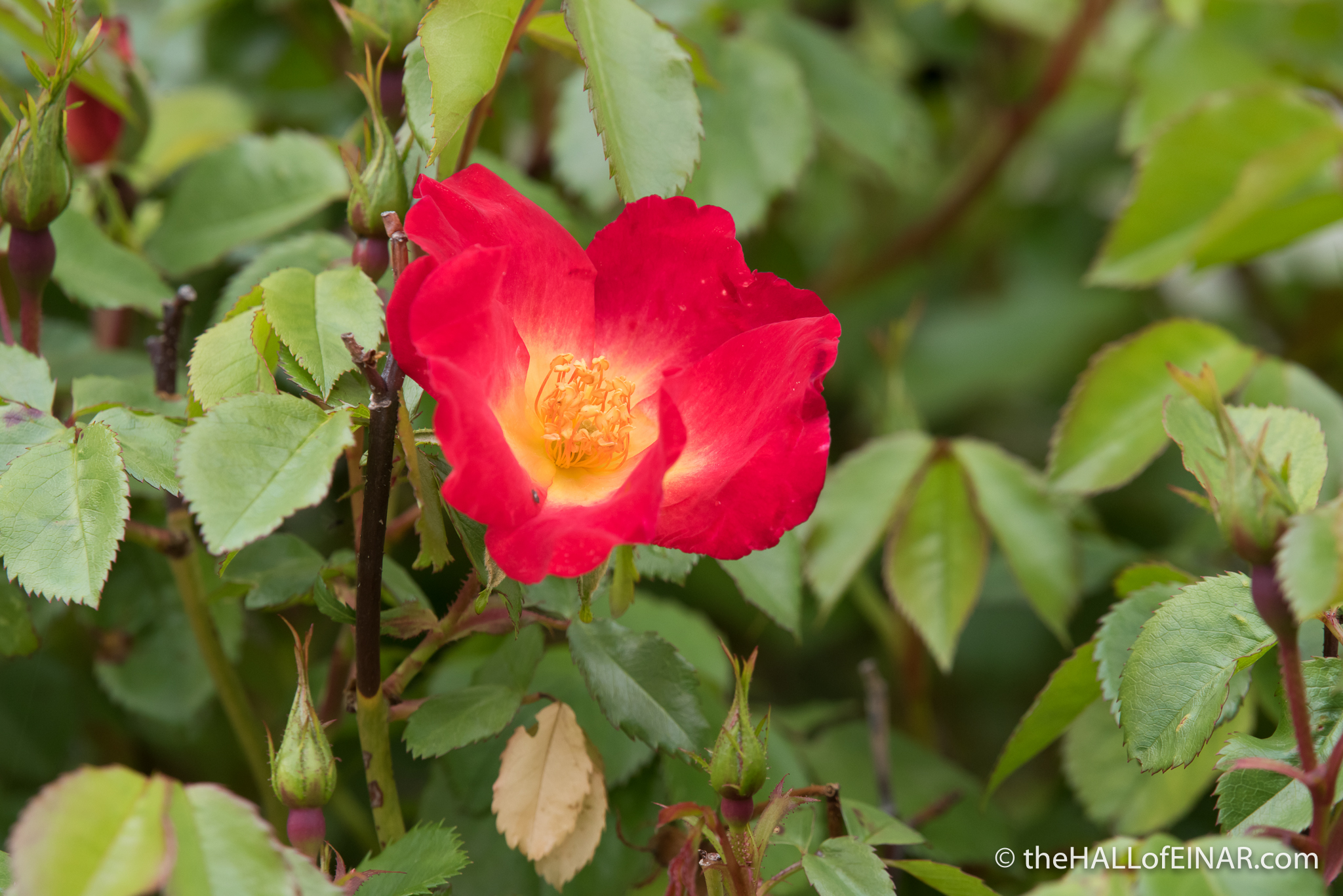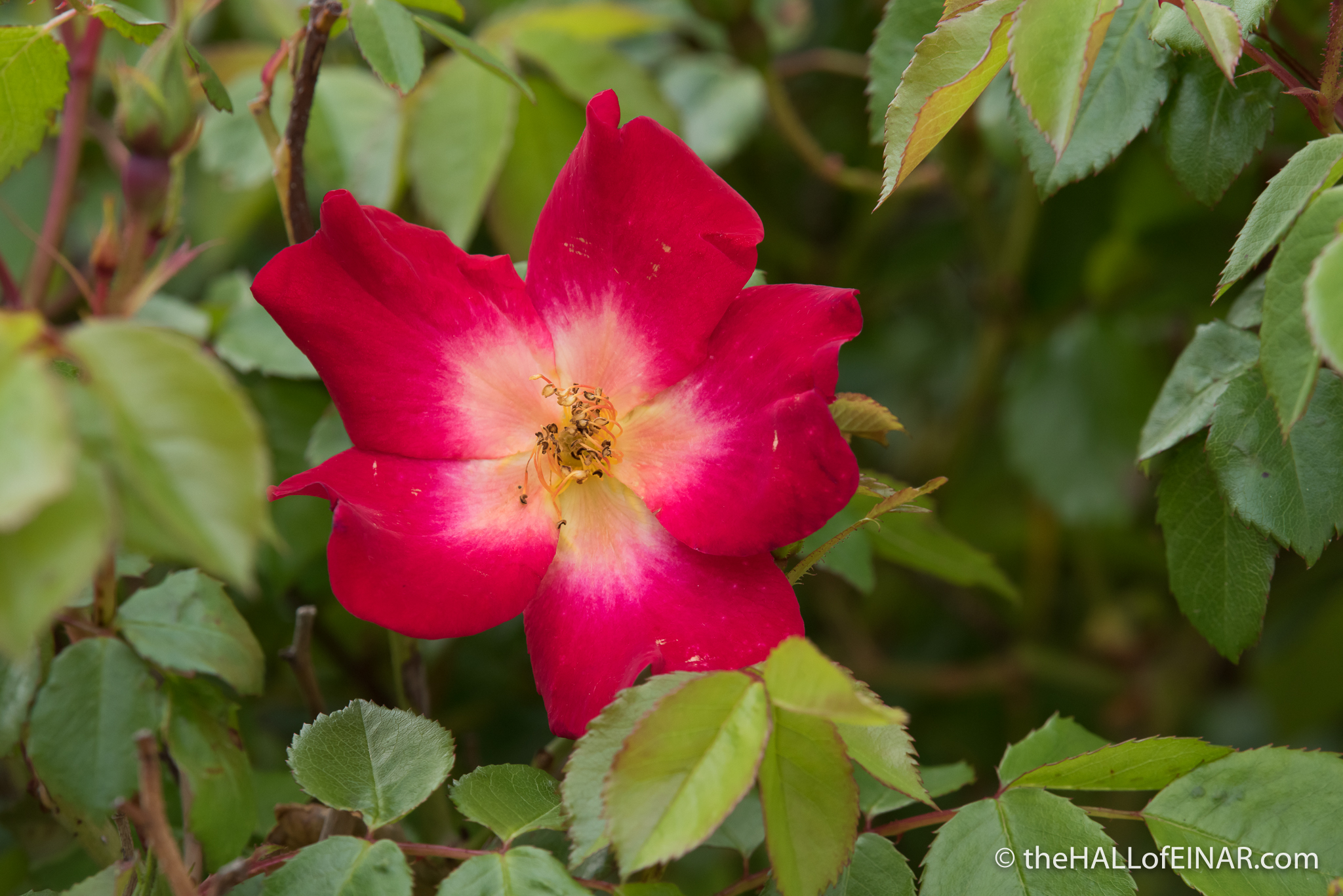What’s in a name?
A rose by any other name would smell as sweet.
I love natural history; I love the thrill of finding different species. Finding their names though, identifying them and knowing what they are called, is interesting but not science. Why? Surely it’s an essential part of being a naturalist? What’s the point of finding something, studying it and not even knowing what it’s called? The reason identification is a distraction is because the names of living things tell you nothing about the species and only tell you about human beings. Names tell you about history, culture and language but nothing about science.
Apparently the name rose comes from French which came from the Latin rosa, which was perhaps borrowed from Oscan, from Greek ρόδον rhódon (Aeolic βρόδον wródon), which was borrowed from Old Persian wrd- (wurdi), related to the Avestan varəδa, the Sogdian ward, and the Parthian wâr. That’s history, culture and language, but not science.
Roses symbolised the Houses of York and Lancaster in the Wars of the Roses. Now you know nothing about roses and everything about history, culture and language.
What I want to know is: Why do they have five petals? Why do their leaves have serrated edges? Why are their thorns hooked? Why do they hybridise so easily? Why do they smell so sweet?
These roses in the garden in Puglia in southern Italy would, by any other name.

